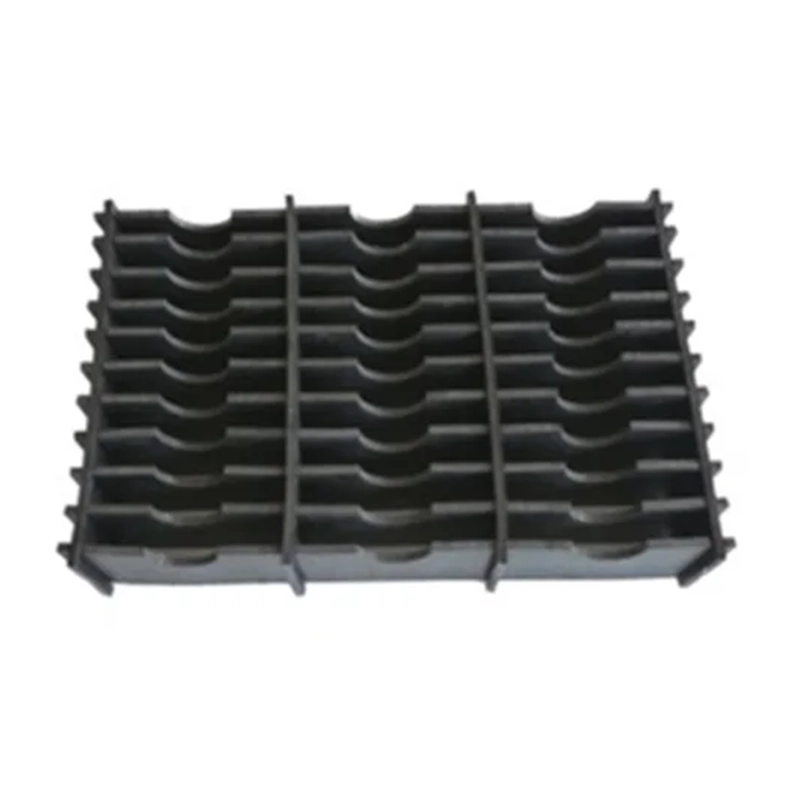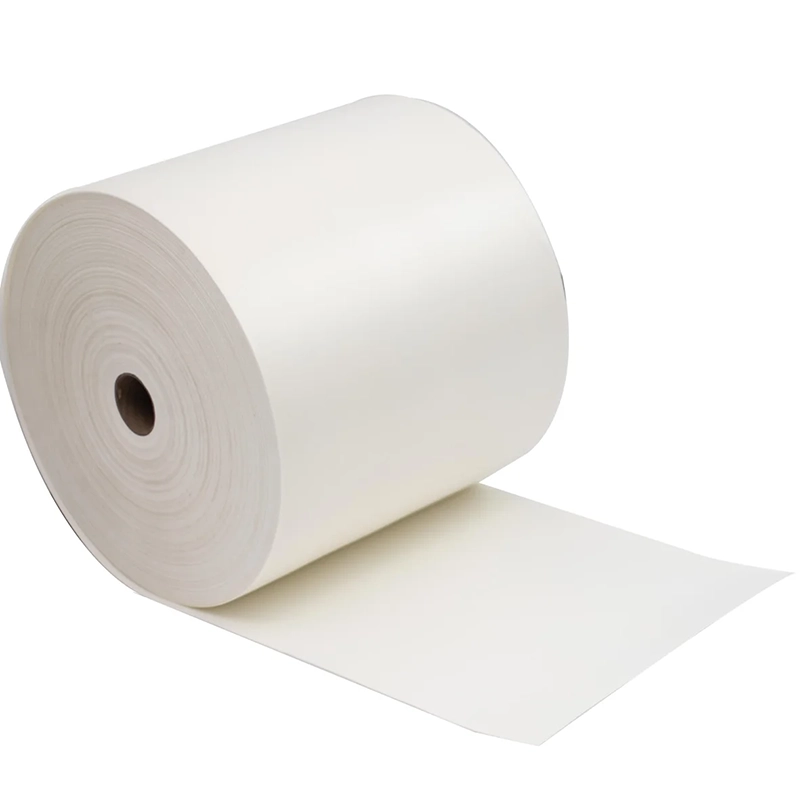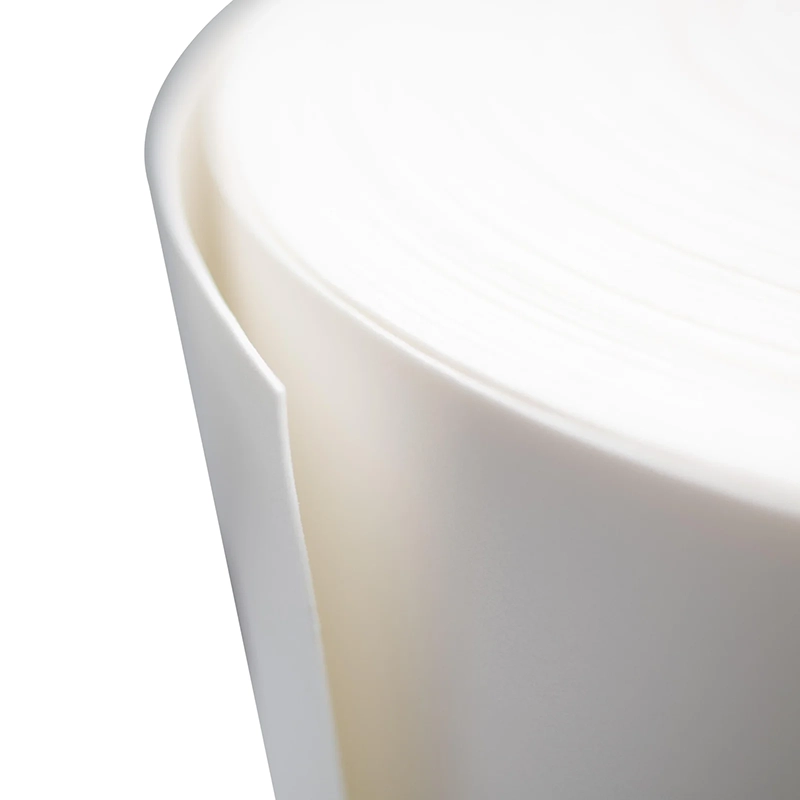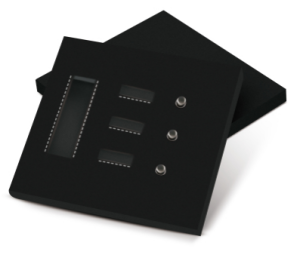Call Us 24/7
+86 130 5991 3207Send Us Mail
info@msfoam.com



Polyolefin Foam – IXPP FOAM MSP05
● 10^3 to 10^5 Conductive foam
● 10^3 to 10^10 Anti-static foam
ESD application scenarios and special performance indicators, parameter requirements, and processes involved in the application scenario for this product:

Physical Properties:
| Performance Parameter | Typical Value/Range | Test Standard | Chip Packaging Adaptability Description |
|---|---|---|---|
| Density | 60-120 kg/m³ | ISO 845 | High density (≥80kg/m³) enhances compressive resistance |
| Thickness | 0.5-5.0 mm | ASTM D374 | 1-2mm commonly used for chip trays; 3-5mm for shipping boxes |
| Surface Resistance | 10⁶~10⁹ Ω | ANSI/ESD S11.11 | Electrostatic dissipation zone (prevents static accumulation) |
| Volume Resistance | 10³~10⁶ Ω·cm | ASTM D257 | Uniform conductivity to prevent localized discharges |
| Tensile Strength | 1.5-3.5 MPa | ISO 527 | Prevents tearing during handling |
| Compression Set | ≤10% (50% compression, 22h) | ISO 1856 | Excellent recovery after long-term compression |
| Temperature Resistance | -50℃~+105℃ | ASTM D746 | Withstands chip reflow temperatures (125℃ short-term) |
| Cleanliness | NAS 1638 Class 5 | IEST-STD-CC1246D | No particle shedding to protect chip surfaces |
| VOC Emission | TVOC ≤50μg/m³ | GB/T 29899 | Avoids contamination of chip bonding areas |
| Environmental Friendliness | Halogen-free, RoHS/REACH compliant | IEC 62321 | Meets electronics industry environmental standards |
Manufacturing Process: Bonding

Physical Properties:
| Performance Parameter | Typical Value/Range | Test Standard | Medical Device Adaptability Description |
|---|---|---|---|
| Density | 80-150 kg/m³ | ISO 845 | High density (≥100kg/m³) ensures structural stability |
| Thickness | 3-20 mm | ASTM D374 | Commonly 10-15mm for MRI device gaskets |
| Surface Resistance | 10⁶~10⁹ Ω | ANSI/ESD S11.11 | Electrostatic dissipation to prevent interference with precision sensors |
| Volume Resistance | 10³~10⁶ Ω·cm | ASTM D257 | Uniform conductivity to avoid localized discharges |
| Tensile Strength | 2.0-4.0 MPa | ISO 527 | Resistant to mechanical stress, prevents tearing |
| Compression Set | ≤8% (50% compression, 22h) | ISO 1856 | No deformation after long-term use |
| Temperature Resistance | -60℃~+120℃ | ASTM D746 | Suitable for MRI liquid nitrogen cooling environments |
| Shielding Effectiveness | ≥30dB (1GHz) | ASTM D4935 | Suppresses electromagnetic interference (EMI) |
| Biocompatibility | ISO 10993-5/10 | USP Class VI | Non-cytotoxic/non-skin irritating |
| Cleanliness | ISO 14644-1 Class 5 | IEST-STD-CC1246D | No particle shedding, meets cleanroom requirements |
Manufacturing Process: Bonding (Conductive Modification)

Physical Properties:
| Performance Indicator | Typical Value/Range | Test Standard |
|---|---|---|
| Density | 30-120 kg/m³ (45-80 commonly used) | ISO 845 |
| Thickness | 0.5-10 mm (2-5 mm commonly used) | ISO 9073-2 |
| Surface Resistance | 10⁶-10⁹ Ω/sq (ESD grade) | ASTM D257 |
| Volume Resistance | 10⁶-10⁹ Ω·cm | ASTM D257 |
| Compressive Strength | 10-50 kPa (25% compressive deformation) | ISO 3386 |
| Rebound Rate | ≥70% | ASTM D3574 |
| Flame Retardancy | UL94 HF-1/V0 (optional) | UL 94 |
| Temperature Resistance Range | -40℃ ~ +120℃ (150℃ for short-term) | ISO 6722 |
| Thermal Conductivity | 0.04-0.06 W/(m·K) | ASTM C518 |
| Water Absorption | <1% (24h immersion) | ASTM D570 |
| Tear Strength | 3-10 N/mm | ASTM D624 |
Manufacturing Process: Bonding

Physical Properties:
| Performance Indicator | Typical Value/Range | Test Standard | Special Aerospace Requirements |
|---|---|---|---|
| Density | 60-150 kg/m³ (80-120 commonly used) | ISO 845 | High density ensures impact resistance and structural stability |
| Thickness | 0.2-15 mm (1-5 mm commonly used) | ISO 9073-2 | Ultra-thin (<1mm) for precision instrument gaps |
| Surface Resistance | 10⁴-10⁹ Ω/sq (more stringent control) | ASTM D257 | Need to prevent electromagnetic interference (EMI shielding optional) |
| Volume Resistance | 10⁴-10⁹ Ω·cm | ASTM D257 | Higher stability requirements in low-humidity environments |
| Compressive Strength | 50-200 kPa (25% compressive deformation) | ISO 3386 | Must withstand high-frequency vibrations and G-force impacts |
| Rebound Rate | ≥85% | ASTM D3574 | More stringent requirements for recovery after long-term compression |
| Flame Retardancy | UL94 V0 / FAR 25.853 | UL 94 / FAA standards | Must pass toxic fume test (low toxicity) |
| Temperature Resistance Range | -70℃ ~ +180℃ (200℃ for short-term) | RTCA DO-160 | Compatible with extreme cold (high altitude) and re-entry high temperatures |
| Vacuum Outgassing | TML<1%, CVCM<0.1% | ASTM E595 | Prevent contamination of spacecraft optical components |
| Radiation Resistance | Resistant to UV/γ rays (no cracking for 1000 hours) | MIL-STD-810G | Essential for satellites and deep-space equipment |
| Thermal Conductivity | 0.03-0.05 W/(m·K) | ASTM C518 | Thermally enhanced types required for some scenarios |
| Chemical Resistance | Resistant to hydraulic oil, rocket fuel oxidants | ASTM D471 | Resist hydrazines, nitrogen tetroxide, etc. |
Manufacturing Processes: Die cutting, bonding, etc.









